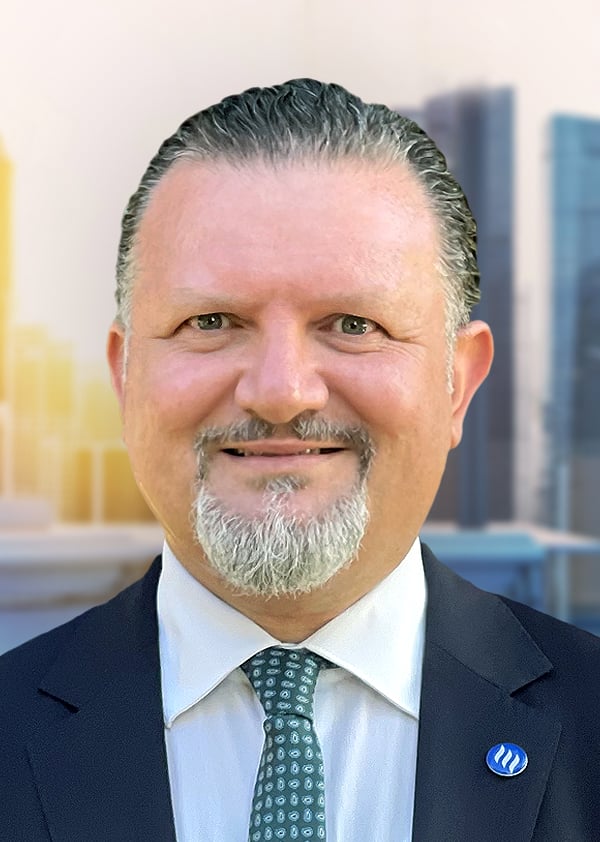Positive Psychology from a Believer’s Perspective
Psychology has traditionally concentrated on resolving pathological problems. This was the reactive and healing modes of psychology where efforts and resources are spent to solve a problem and help the individual climb out of a psychological dungeon to recover mental health and a normal life. But positive psychology taps into a previously hidden, or neglected side of psychology. Instead of being stuck in a reactive mode, its strength shines when applied proactively, and instead of resolving the problem it focuses on the attitude of the individual cutting a straight path towards a more productive and happy life where any individual or group can find their way to prosperity.
Let me define positive psychology by telling you what it is not:
- Positive psychology is not about blame or running from problems; it is about shifting from the “OK” to a blossoming state of life.
- Positive psychology is not about selfishness; it is about adopting a win-win mentality where everyone is invited to share, create and enjoy.
- Positive psychology is not about harm; it is about spreading happiness from within and promoting that happiness to shift your surroundings towards positivity.
- Positive psychology is not about living and taking life for granted; it is about finding a meaning to life.
- Positive psychology is not about throwing away or replacing psychology; it is about complementing and extending the problem-focused psychology.
It is important to realize that happiness is not a result of luck; that people can control their life, and that a happy life is the result of hard work and sustained effort.
So what should you do to have a happy life?
You will find many recipes in this regards, however the following points will put you on the right track:
- Relationships: People who have true friends are happier. It is not about quantity but about quality. We all need a friend to do activities with, who listens to us empathically and with whom we can share personal feelings; a friend who expresses genuine interest in what we say, encourages us, and enriches our life in a positive way.
- Kindness: volunteering and caring lead to personal satisfaction. Kindness can be as simple as reaching out to others when they feel lonely, stressed or in need.
- Physical health: Regular physical exercise has been connected with improved psychological health and a lower occurrence of sadness. Exercise reduces depression, laziness and low self-confidence.
- Self-motivation: Achieving a goal or rising up to a challenge will make us happy. Many types of activities such as praying, playing music, coaching, or dancing can produce a happy experience. Find out what makes you happy and what motivates you and start doing it now.
- Personal strengths and virtues: several positive psychology studies show that the happiest people are those that have discovered their unique strengths and virtues and use them for a purpose that is superior to their own personal goals.
- Positive attitude and appreciation: Studies have also shown that a positive attitude strengthens the immune system, prevents chronic diseases, helps individuals manage bad news and pushes them for better results. Optimists and pessimists approach problems differently, and their ability to cope with adversity differs as a result. Optimists react to problems with confidence and a high sense of personal ability and believe that negative events are momentary, limited and manageable. Pessimists have a tendency to view difficulties as internal, constant, and persistent. Imagine two employees who receive the same poor year-end evaluation. The pessimist will say, “I am a looser! I always perform below expectations. I cannot do anything correctly”, while the optimist will think, “This task was challenging! But it is just one task. I will try to do my level best in other tasks”. So, next time a negative idea pops up in your mind quickly replace it with a positive one. Appreciation is strongly related to positivity, and grateful people are less anxious and less miserable. To illustrate, if your wife forgot to wish you luck for an important meeting or presentation, you better replace that thought with memories of what a caring mother, supporting wife and an indispensable partner she is. This switching from negativity to positivity must become a habit, and you gain a habit by repeatedly doing certain things. In the end you will do them spontaneously, effortlessly and most importantly, happily.
In conclusion, positive psychology can help individuals tackle the current global economic crisis, downsizing syndrome, unemployment rates or any other challenges one can face, by shielding their mental health and by allowing their strong self-esteem to surface.
So what makes life most worth living?
I will leave you to answer that…
References
Bartley, M., 1994. Unemployment and ill health: understanding the relationship. Journal of Epidemiology & Community Health, 48(4), pp.333-337.
Gable, S.L. and Haidt, J., 2005. What (and why) is positive psychology?. Review of general psychology, 9(2), p.103.
Linn, M.W., Sandifer, R. and Stein, S., 1985. Effects of unemployment on mental and physical health. American Journal of Public Health, 75(5), pp.502-506.
Peterson, C., Park, N. and Sweeney, P.J., 2008. Group well‐being: morale from a positive psychology perspective. Applied Psychology, 57(s1), pp.19-36.
Seligman, M.E. and Csikszentmihalyi, M., 2014. Positive psychology: An introduction. In Flow and the foundations of positive psychology (pp. 279-298). Springer Netherlands.
Turner, N., Barling, J. and Zacharatos, A., 2002. Positive psychology at work. Handbook of positive psychology, 52, pp.715-728.
Related Articles

Conquering the Tempest
Leadership and resilience, often dormant in individuals, can emerge as…

Purpose-driven Leaders: Leadership that Builds and Influences Changes.
Leadership is not merely making decisions or managing jobs; it is about…

A Workplace Counseling Tale
In the heart of Dubai, nestled amidst towering skyscrapers and the hum…

The illusion of control: Unmasking the Paradox of Readiness
Mike Tyson famously said: “Everybody has a plan until they get punched…
